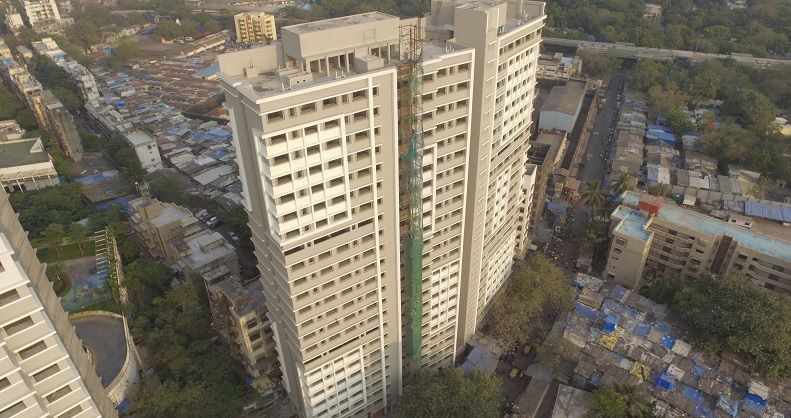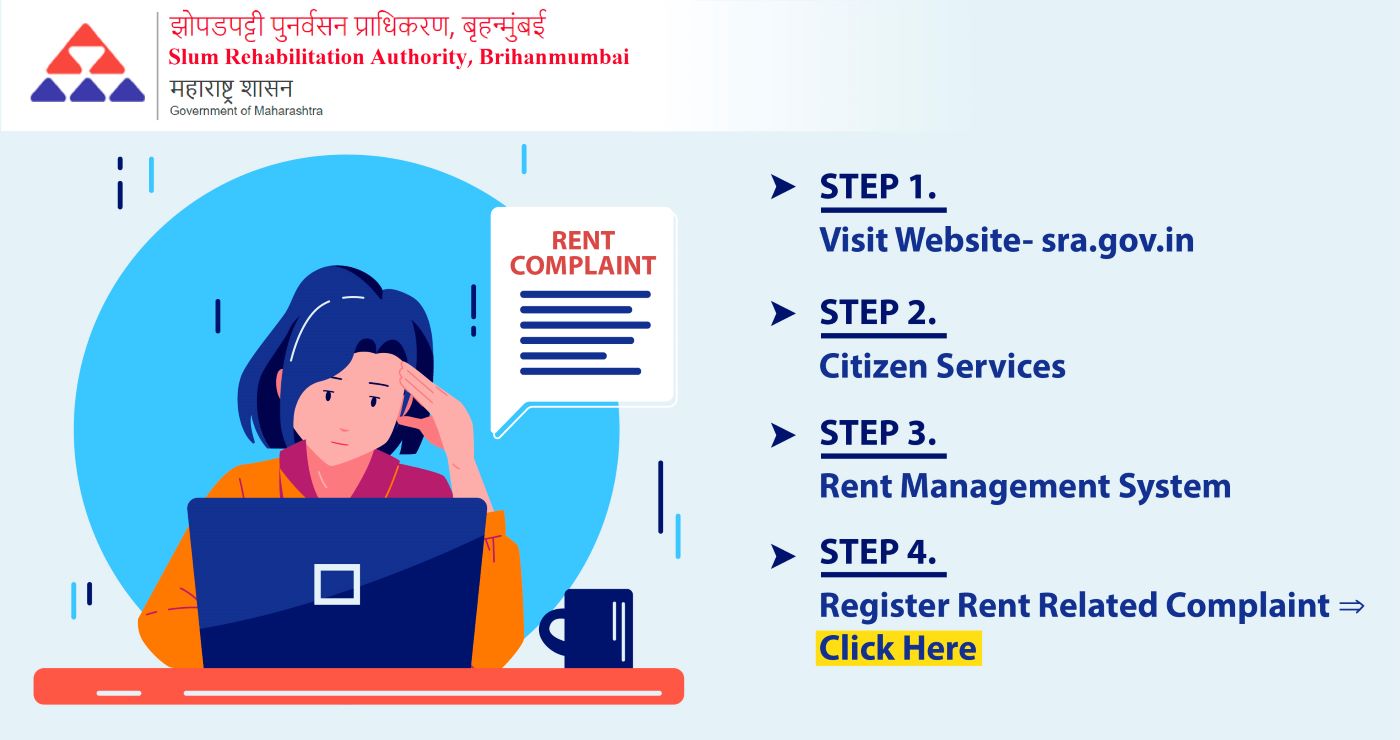The procedures of flat transfer and rent complaint in Mumbai have been made easier with Slum Rehabilitation Authority’s (SRA) latest online services. This service has been initiated and implemented by Dr. Mahendra Kalyankar, CEO, SRA.
Earlier, slum dwellers had to fill a complaint form physically and submit regarding the slum authority’s rent, and they had to fill a transfer form for the transfer (purchase/sale) of the flat. For this they had to visit the Authority office several times or take assistance from middlemen. To make things hassle-free for consumers and to prevent any kind of fraud, now all these processes have been made available online. Slum owners in the SRA scheme now can transfer their flats online at any time, from anywhere and they also can register their complaints about rent.
Nagari Seva
A “Nagari Seva” (Citizen service) on the authorised website www.sra.gov.in has been initiated for flat/shop transfer and complaints about the rent. Visit the official website of SRA and click on the option “Nagari Seva” (Citizen service) and select “Rent Management system” for Rent complaints or “Transfer of Flats/shop” for flat/shop transfer.
Slum Rehabilitation Authority (SRA) is a government agency responsible for rehabilitating and developing slums in urban areas, particularly in India. The SRA aims to improve the living conditions of slum dwellers by providing them with decent housing, sanitation, and other basic amenities.
Slum Rehabilitation Authority
The SRA was established in 1995 in Maharashtra to tackle the issue of slums in the state. It has been involved in various initiatives, including:
– Slum redevelopment projects
– Providing affordable housing to slum dwellers
– Improving infrastructure and amenities in slums
– Collaborating with other agencies for slum rehabilitation
The SRA plays a crucial role in addressing urban poverty and inequality by providing a dignified living environment for marginalized communities.



